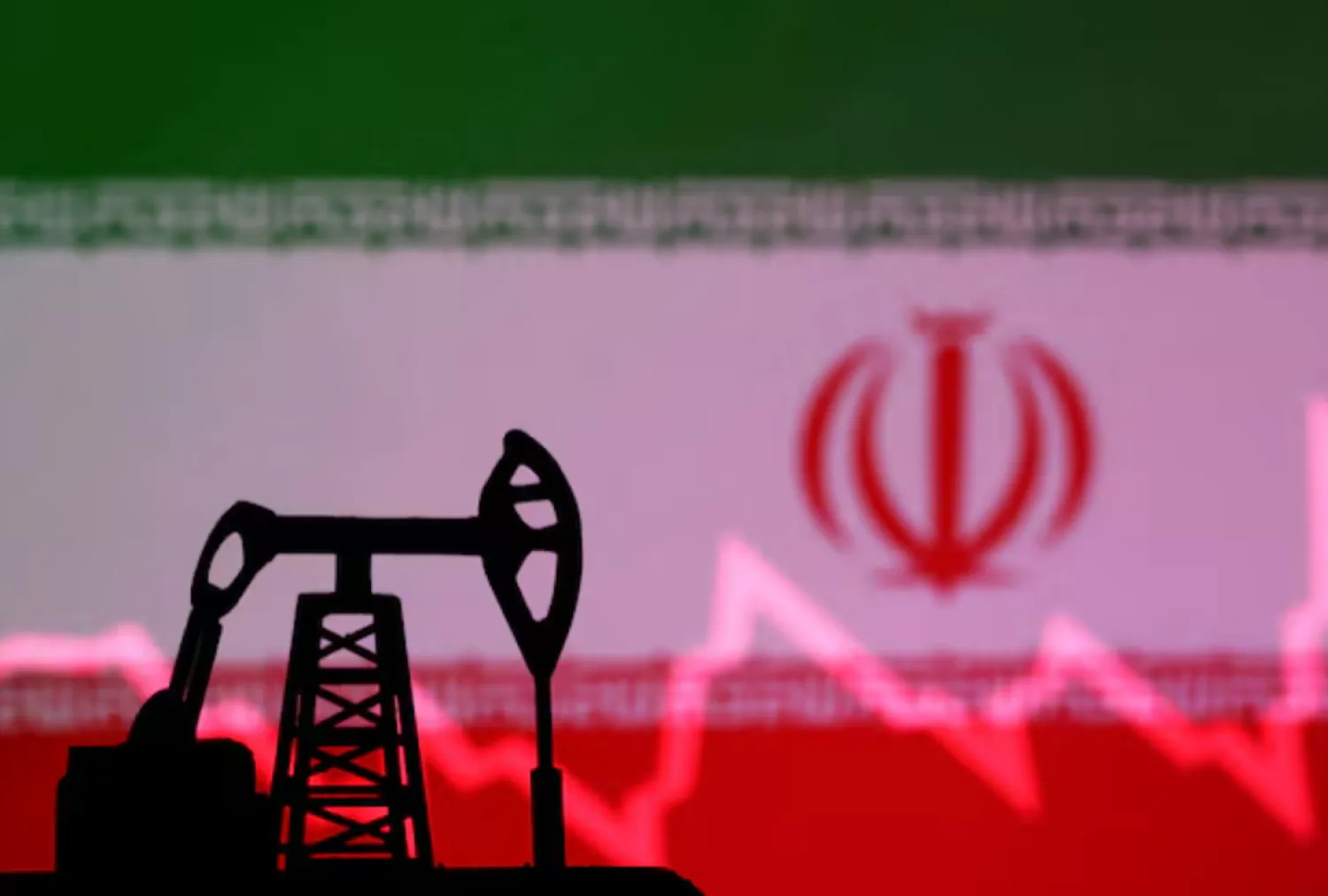Iranian President Ebrahim Raisi on Tuesday blamed western parties of aggravating talks to revive the 2015 nuclear deal with Tehran.
“Iran never left the negotiating table, and it was the westerners who created a crisis in these negotiations,” said Raisi, referring to a recent anti-Iran resolution while the nuclear talks were ongoing.
On June 8, the International Atomic Energy Agency (IAEA) Board of Governors that includes 35 members made an overwhelming majority vote to criticize Iran for a lack of cooperation with the UN nuclear inspectorate.
The resolution criticized Iran for failing to explain uranium traces found at three undeclared sites.
Negotiations to revive the 2015 deal have been deadlocked since March, particularly when Iran asked that the US to remove the Iranian Revolutionary Guard Corps (IRGC) from its terrorist list as a condition for reaching a nuclear deal in Vienna.
However, the Biden administration does not intend to answer the Iranian request.
Raisi said the conclusion of talks for the salvage of the 2015 nuclear deal requires the will of the “other party more than anything else,” referring to the US.
“Iran's position is logical and rational, and if the other side behaves logically and rationally, the negotiations can lead to a result,” he stressed.
Meanwhile, Josep Borrell, the High Representative of the European Union for Foreign Affairs and Security Policy, said on Tuesday that after 15 months of intense, constructive negotiations in Vienna and countless interactions with the JCPOA participants and the US, he has concluded that the space for additional significant compromises has been exhausted.
Writing in an op-ed in The Financial Times, he said, “I have now put on the table a text that addresses, in precise detail, the sanctions lifting as well as the nuclear steps needed to restore the JCPOA.”
He said this text represents the best possible deal that he sees as feasible. “It is not a perfect agreement, but it addresses all essential elements and includes hard-won compromises by all sides,” Borrell wrote.
The top EU diplomat said decisions need to be taken now to seize this unique opportunity to succeed, and to free up the great potential of a fully implemented deal. “I see no other comprehensive or effective alternative within reach,” he stressed.
Hours after Borrell’s op-ed was published, Ali Bagheri Kani, Iran's lead nuclear negotiator, confirmed the EU diplomat had put forth a new proposal, adding on Twitter, “We, too, have our own ideas, both in substance and form, to conclude the negotiations which would be shared.”









